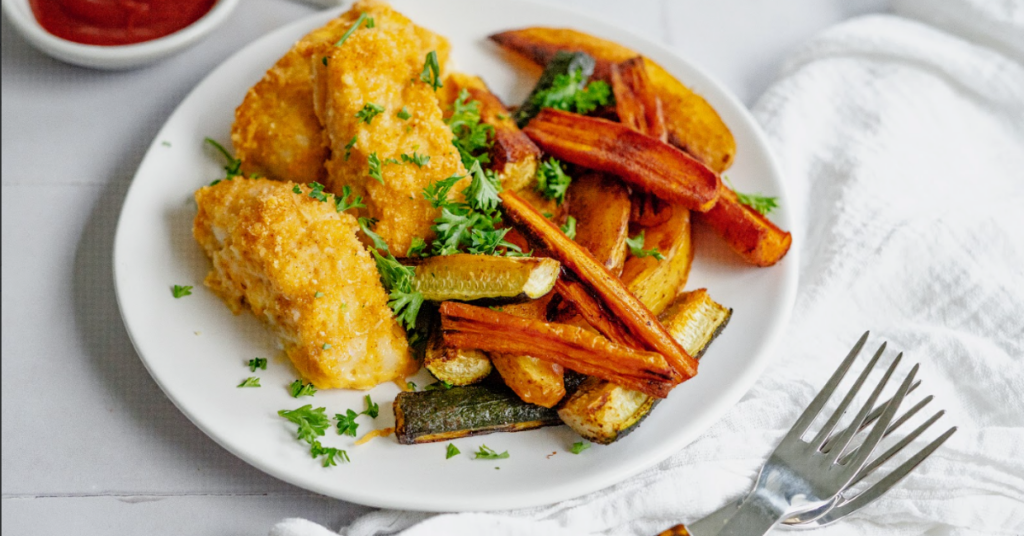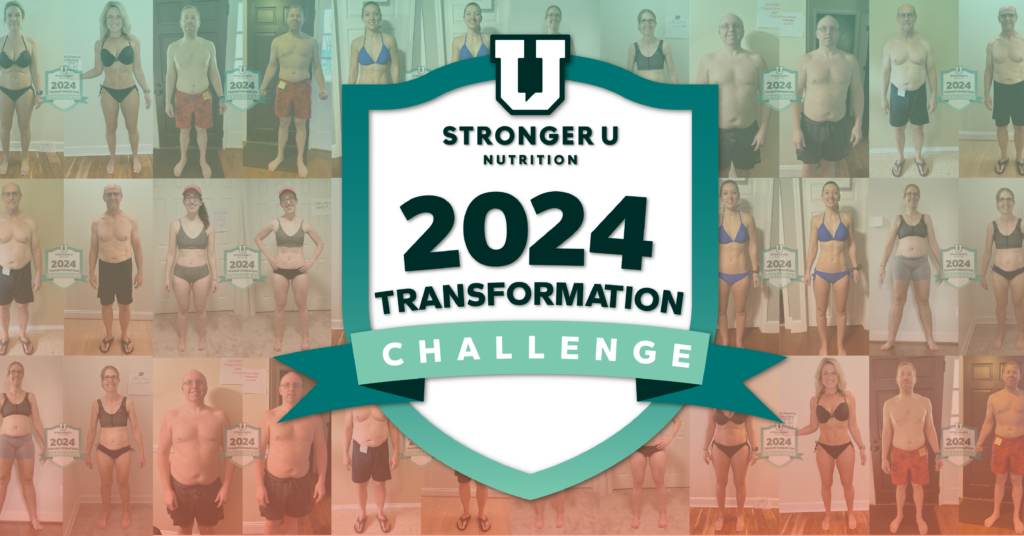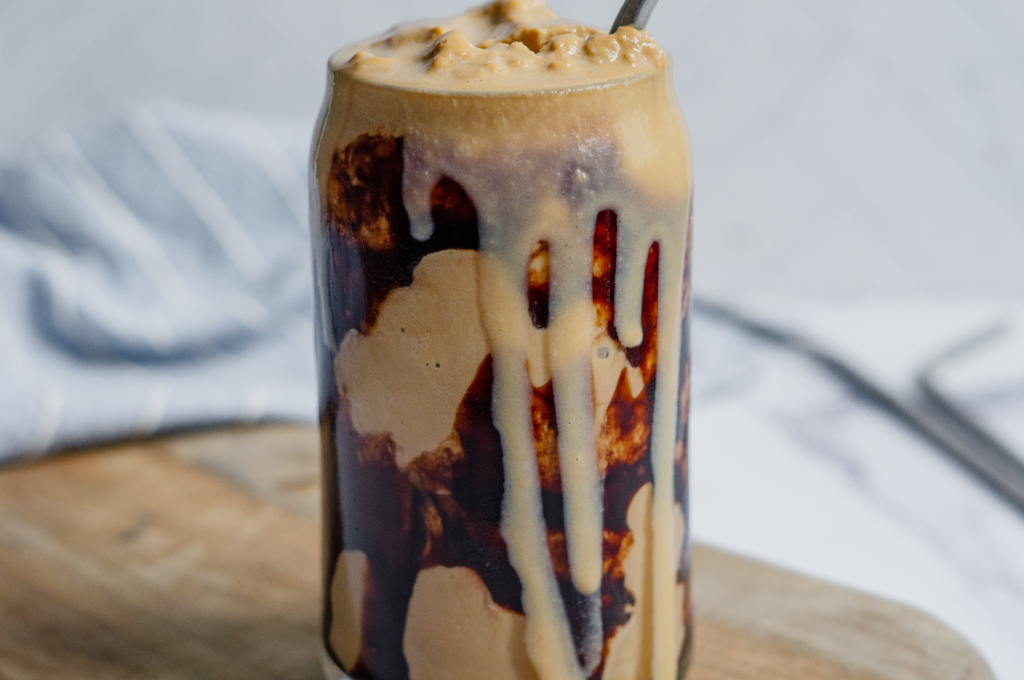Earlier this year I set out to make a big goal of mine a reality: I want to get on Jeopardy!
I’m serious. At some point in my lifetime, I’m going to get on Jeopardy! and when I do I plan on hugging Alex Trebek. It’s long been one of my favorite shows on TV. For the people like me who pride themselves on knowing a whole lot of useless information, it’s kind of like a rite-of-passage. A way to say to the world “Hey, I know all of this stuff that probably won’t help me out in real life at all, but I know enough that I got to be on national television for half an hour. Isn’t that neat?”
Oh, and there’s the money. Obviously it’d be cool to win money. Anyways, that’s not the point of this story. The point is that this year I started taking the practice tests, studying Jeopardy! related material, and generally realizing that I have a gigantic hole in my knowledge of British literature.
But amidst my very serious academic endeavors to get on TV, I also started reading a whole bunch of random statistics about the American population. One of the ones that jumped out to me is this little nugget:
“49.3% of American adults over 20 say they’ve tried to lose weight at some point over the previous 12 months.”
Here’s the interesting thing about that stat to me: I work in the nutrition and weight loss field — and I thought that number was low. We all know that there’s an obesity problem in this country and the world. We’ve all seen the stats talking about 90+% of people make dieting a New Year’s Resolution. So I truthfully expected the number of people who have attempted a diet in the past year to be a bit higher. I guess it’s a good thing I’m studying for Jeopardy! because I would’ve gotten this one wrong on the show.
I rarely stop digging when I’m interested in something, so I dug into this stat a bit. That stat was released by the CDC in 2018, so chances are it’s off by a bit. What’s interesting though is that the CDC released a similar stat in 2007-2008. The percentage of Americans who reported attempting a diet at that point? 43%.
Which means that the number of people attempting to diet is growing — and growing rapidly. This represents a major problem.
Dieting is temporary; caring about your nutrition isn’t.
Dieting, as most of us know it, is inherently broken. Far too many people look at dieting as this temporary thing. Dieting is seen as something you have to do for a short period of time before getting to do what you want to do again and going back to normal life.
It’s this thought process that’s the reason so many people find themselves on the never-ending merry-go-round of dieting. They cut out certain foods, restrict when they can eat, and white-knuckle their way through the whole ride until they reach an arbitrary number on the scale. Once that number has been seen, everything goes back to normal.
But none of us ever diet so we can actually go back to normal, right? After all, the reason most of us decide to start dieting in the first place is because we’re tired of what normal is for us. We’re tired of weighing what we do, seeing what we see in the mirror, or buying the clothes we’re now wearing. So shouldn’t dieting be an exercise in creating a new version of normal? A new version of ourselves?
The fact of the matter is, if you want to make meaningful, long-lasting, permanent changes to your body, your health, or your performance, you need to make permanent changes to your lifestyle as well.
You can’t lose 30lbs or 10 inches off your waist and then go back to what you were previously doing. Not if you want to maintain your results. The problem with dieting is that most of us implicitly think that short-term dieting leads to long-term change.
Not how it works.
Permanent results require permanent changes. I mean, I literally just said this same thing a couple of paragraphs ago. It should be obvious, right? But like many things, what’s straightforward or obvious doesn’t mean that it’s easy to internalize or act upon. Permanent change requires you to change how you live your life. Changing how you live your life, at a granular level, means changing the choices you make. This is true in personal finance, when we’re working towards fitness goals, but it’s most especially true in the world of nutrition.
The very concept of dieting tends to paint a negative picture of food. Despite the rise of a multi-billion dollar dieting industry, a common thread remains when we think about dieting. For the vast majority of us, dieting looks a lot like an exercise in abject misery. If you want to look and feel better, it’s common knowledge that food is the enemy. The tastier the food, the more serious the enemy.
This is all wrong.
While restriction of some kind is necessary to be successful on a diet, this conventional wisdom makes it all but impossible to develop a healthy relationship with food that can last in the long-term.
Dieting creates such a negative picture that it almost makes us feel guilty for eating certain things, like our favorite foods. That guilt doesn’t just disappear though. It tends to stay with us and compound. Which ultimately can lead to binges, slip-ups, and overall “oh well” attitude towards food.
But here’s the kicker: Indulging in our favorite foods SHOULD be part of any diet. That’s how we make lasting change.
Dieting creates such a negative image around food that if we do indulge, we feel like we’re doing something wrong; or that it’s something we only get to do once, so we better eat everything in sight, and shovel everything in our mouths that we can.
The biggest problem with mixing dieting and indulging is a lot of us indulge like we’re never going to be able to indulge again. Until next week the opportunity to indulge again shows up. Instead of just enjoying a modest amount of what we want and being okay with it, we stuff ourselves. Then comes the guilt and the feeling that we failed; leading to more frustration and failure. It’s a vicious cycle and one that’s hard to break out of.
The biggest lesson we have to learn about dieting is that there is bound to be some restriction. But at the core of dieting is the fact that we’re building skills we can practice in the future. Skills that allow us to enjoy what we’re eating while maintaining our results.
Put another way, what does that look like?
- It’s planning and preparing to fit a scoop of ice cream into your macros.
- It’s looking up a menu ahead of time to pick the choices that serve you and your goals.
- It’s being okay with going to a dinner party and not piling your plate as high as Mt. Everest.
- It’s learning to listen to your body and recognizing when you’re full, not stuffed.
Most importantly, though, it’s learning how to do all those things in a controlled and consistent manner. Dieting should be synonymous with learning how to develop new eating skills. It should be a practice we use that teaches us how to plan a day appropriately and enjoy the foods we love within reason. All the while ensuring that the vast majority of our choices help us move a bit closer to our goals.
Hopefully, you noticed I used the term “practice” in the paragraph above. That was intentional. I’m a firm believer that everything we do in life is a practice. Dieting is no different. It takes practice to learn how to navigate a dinner party or how to fit ice cream into our numbers. The whole goal of practicing isn’t that you’ll be perfect right away or every day. It’s that you keep going. No matter what. And that’s the lesson that dieting teaches us. The lesson that carries over into the rest of our lives.
Dieting is temporary, but nutrition is for life. When you diet intelligently, you create for yourself a skillset that you don’t unlearn. You learn how to plan and navigate a day. You learn how to eat anything you want, but not everything. And you learn how to stay the course, even after a less-than-stellar day. So stop thinking of dieting as a way to make yourself miserable and start thinking of it as a way to train yourself to behave well now and in the future.









